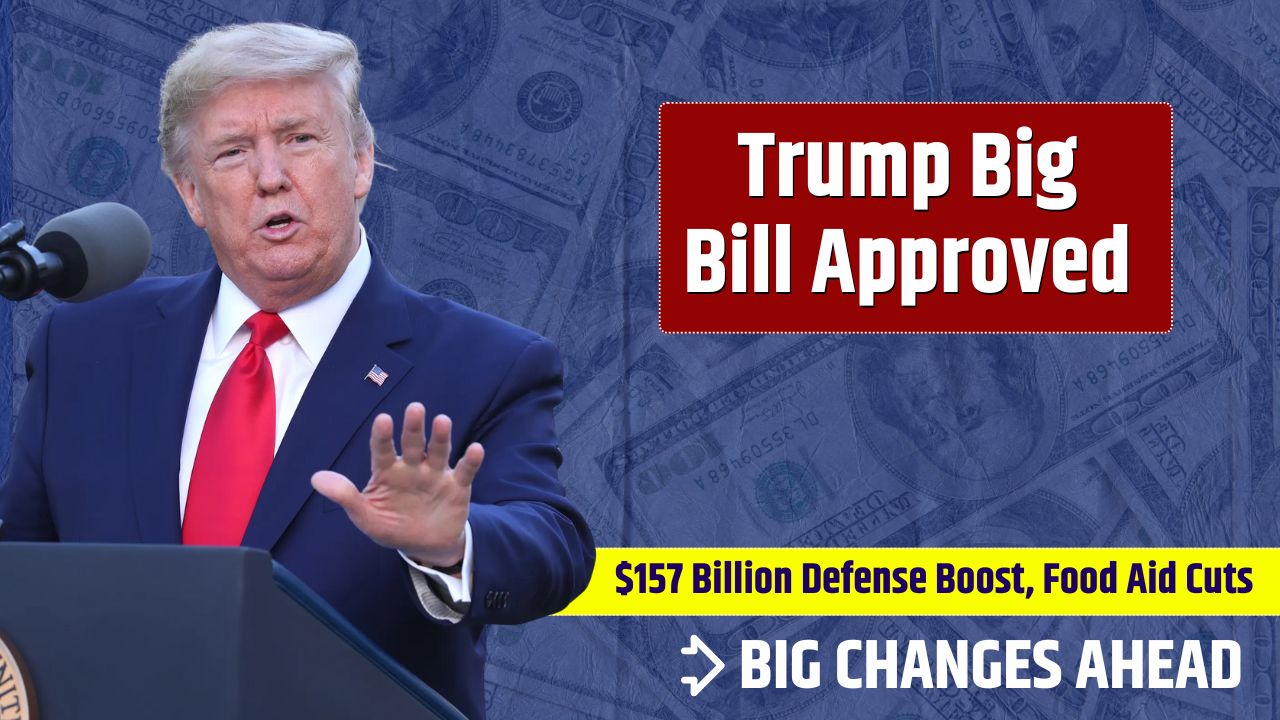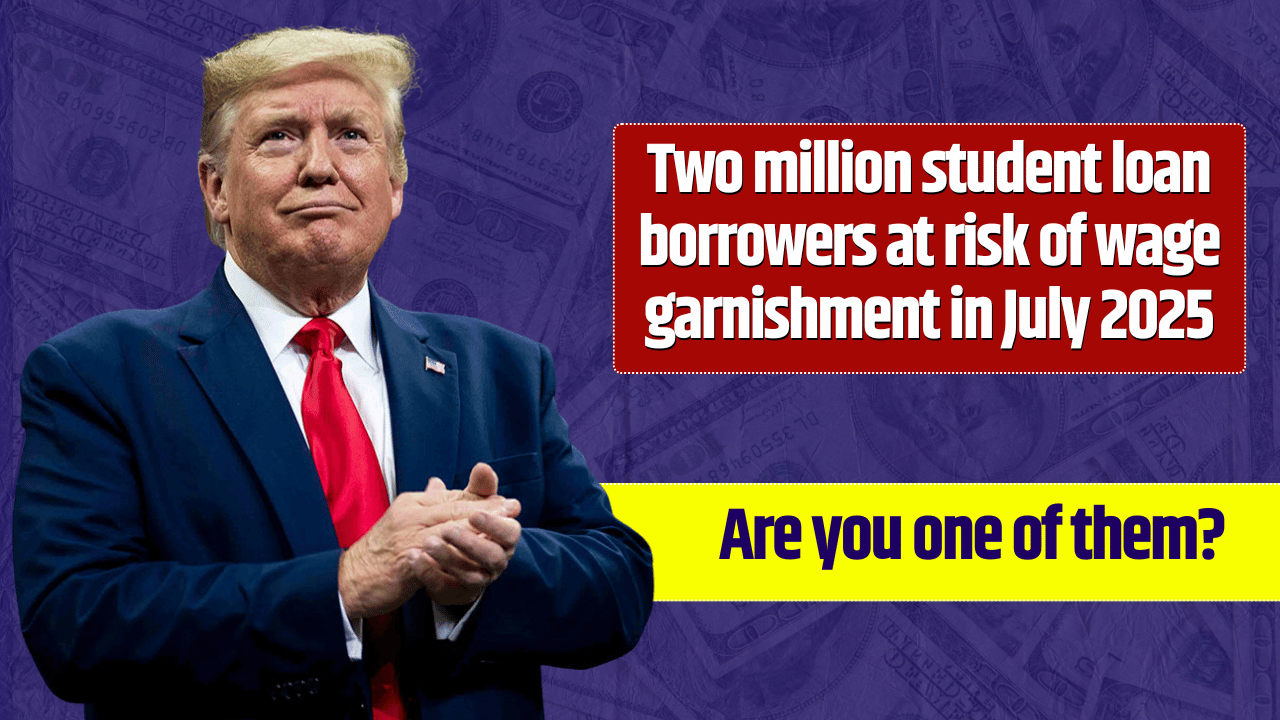Congress has passed a sweeping piece of legislation known as the One Big Beautiful Bill Act, delivering a significant $157 billion boost to defense spending that the Pentagon has been relying on to expand its fiscal 2026 budget. While the bill fulfills many parts of former President Donald Trump’s defense-heavy agenda, it also makes deep cuts to social programs — especially those benefiting military families and veterans — prompting sharp criticism from advocacy groups.
Table of Contents
A Major Win for Defense Spending
The bill, which passed narrowly in both the House (218–214) and Senate, will push the Pentagon’s 2026 budget close to $1 trillion, surpassing the originally planned $848 billion. Trump’s agenda heavily focuses on military modernization, increased manufacturing, and what he describes as “Peace Through Strength.”
Among the largest defense allocations:
| Category | Amount Allocated |
|---|---|
| Shipbuilding | $29 billion |
| Munitions | $25 billion |
| Golden Dome Missile Shield | $25 billion |
| Military Quality-of-Life Programs | $9 billion |
The bill includes $1 billion for barracks restoration, to be distributed among the Army, Navy, Air Force, and Space Force. Additionally, $350 million will go to the Marine Corps’ Barracks 2030 initiative, and $2 billion is earmarked for military healthcare improvements.
SNAP Cuts Raise Red Flags
The legislation’s expansion of defense comes at a cost. The Supplemental Nutrition Assistance Program (SNAP) — commonly known as food stamps — is facing major funding reductions. The bill shifts much of the funding responsibility to states, which has alarmed state governments and food security advocates.
Approximately 1.2 million veterans currently rely on SNAP. Military families, who already face higher-than-average rates of food insecurity, are also likely to be impacted. Compounding the issue, the bill reinstates work requirements for veterans, a rollback of a 2023 bipartisan exemption.
Veteran advocacy groups have not held back. The Iraq and Afghanistan Veterans of America called the cuts a “betrayal,” emphasizing that SNAP is a critical support system for former service members facing unique challenges.
Internal GOP Tensions
Republicans advanced the bill using budget reconciliation, a legislative strategy that bypasses the need for Democratic support. Yet even within the GOP, there was discord. Some Republicans wanted deeper cuts, while others expressed concern over Medicaid reductions and the treatment of military families.
Ultimately, only two House Republicans—Thomas Massie of Kentucky and Brian Fitzpatrick of Pennsylvania—voted against the measure. In the Senate, the bill required a tie-breaking vote from Vice President JD Vance after three Republican senators opposed it.
Political Implications and Fallout
The bill’s passage closes out a week-long legislative sprint to meet Trump’s July 4 deadline. It signals a renewed emphasis on militarization, immigration enforcement, and defense-industrial manufacturing. Yet, it also highlights the growing divide over how to support the nation’s veterans and military families, especially when economic pressures are increasing for many.
While the military will see increased investment in infrastructure, technology, and quality-of-life initiatives, the cuts to SNAP and other social programs could undercut some of those same benefits by straining the financial wellbeing of service members and their families.
With the 2026 defense budget now approaching $1 trillion, questions remain: At what cost is military expansion being achieved? And will the support systems that sustain service members and veterans be left behind in the process?
FAQs
What is the One Big Beautiful Bill Act?
It’s a large piece of legislation advancing Donald Trump’s agenda on defense, taxes, and immigration, while dramatically boosting military spending.
How much more will the Pentagon get in 2026?
The Pentagon is set to receive about $157 billion more, bringing the total defense budget close to $1 trillion.
What programs were cut to fund the military boost?
Major cuts were made to the SNAP program, shifting the cost burden to states and reintroducing work requirements for veterans.
What is the Golden Dome?
A proposed space-based missile defense system, still lacking in detailed plans, but allocated $25 billion in the new bill.
How will this affect military families?
While the bill includes funding for housing, healthcare, and bonuses, the SNAP cuts could strain families relying on food assistance.














